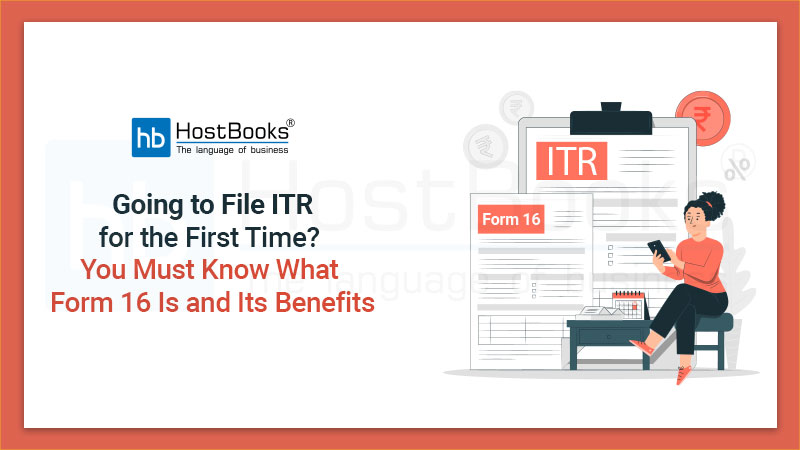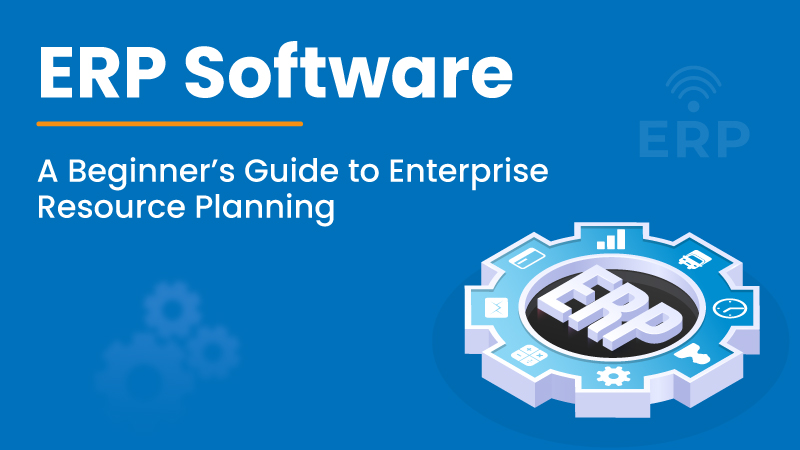Going to File ITR for the First Time? You Must Know What Form 16 Is and Its Benefits

Every individual who made an income which exceeds the basic exemption limit (i.e. Rs. 2, 50,000 for an Individual having age less than 60 years and so on..) has to report about their income and tax savings to the government by filing ITR (income tax return) after the end of each FY. In short, an ITR is filed by a taxpayer to furnish the complete information about their income and the tax paid by him or deducted on his behalf during a financial year. Form 16 is the basic document that is required to file the ITR for a salaried person. If there is any tax deduction, it is mandatory for every employer to issue Form 16 to its employees under Section 203 of the Income Tax Act, 1961. Basically, form 16 is a TDS certificate wherein the details of Salary Income and deducted TDS amount are given.
Form 16 is used when tax is deducted from an employee's salary by an employer. If tax is deducted from any other source of income, Form 16A/16B/16C/16D is used. Form 16 is issued only by the employer. In case you lose your form 16 anyhow, you can ask for a copy from your employer.
Form 16 is divided into two parts i.e. Part A and Part B. The following information is included in both of the parts:
Form 16 – PART A
- Employer's name
- Address of the employer's registered office
- Employer's TAN and PAN
- Employee's PAN
- Amount paid/credited, Amount of tax deducted, Amount of tax deposited/remitted
Form 16 – PART B
- Detailed information of employee's salary
- Information of all exempted allowances given to an employee
- Deductions allowed under chapter VI-A
What Are the Benefits of Form 16?
There are various usages of form 16, and with all that, it helps taxpayers in multiple ways:
Smooth ITR Filing
The one of the major benefits of form 16 is almost all the information regarding tax deductions and salary income including bonuses, allowances, along with tax-saving investment declared by you are already given in there. This helps taxpayers understand all their tax deductions and file their ITR with ease.
Verifying That Your TDS Are Paid on Time
Form 16 is the TDS certificate which verifies that the employer has deducted your tax and submitted it to the government on time. In fact, your employer can issue form 16 only when he/she deposited the deducted TDS to the government account. Thus, form 16 is the proof that your TDS has been submitted on time.
Evaluating Your Tax Liabilities
Form 16 helps taxpayers to evaluate their tax liabilities, pay the right amount of tax, and seek a refund. Since there may be the case that your employers deduct the tax on the basis of incorrect/missing information given by you, the deductions may be overpaid or underpaid. In both cases, form 16 helps taxpayers to pay the underpaid tax and claim a refund for overpaid taxes.
Easy Loan Processing
Form 16 includes details of salary break up and other tax liabilities of a taxpayer. Moreover, form 16 – Part B has the details of tax-saving investments and any other periodical investment schemes. These details help lenders access the financial health of an individual and offer loan on that behalf. Note that, a better financial health in form 16 attracts a good amount of loans with cheaper interests.
Quick Approval of Credit Cards
Form 16 provides a proof of income statement and tax liabilities of a taxpayer thereby it's helping credit card issuers to access the financial health of an applicant and provide a credit card with a relevant limit which is determined on the basis of form 16 that shows the financial health of an applicant.
Make Visa Processing Easier
As form 16 is proof of the financial stability of a salaried individual, foreign embassy and consulates may use it to evaluate the financial conditions of applicants. They may also ask for proof of income tax return as this helps them understand tax liabilities from other sources of income and issue visas.

Try HostBooks
SuperApp Today
Create a free account to get access and start
creating something amazing right now!
















